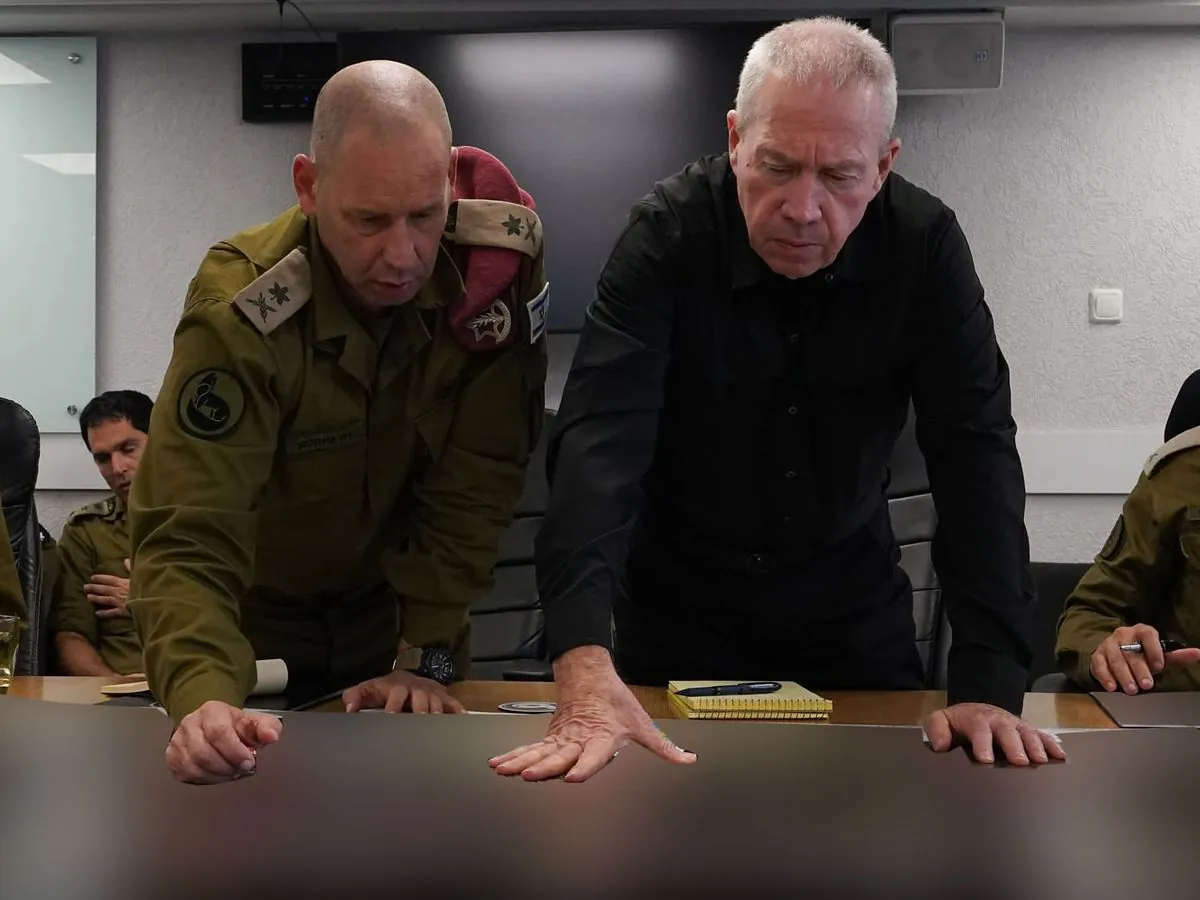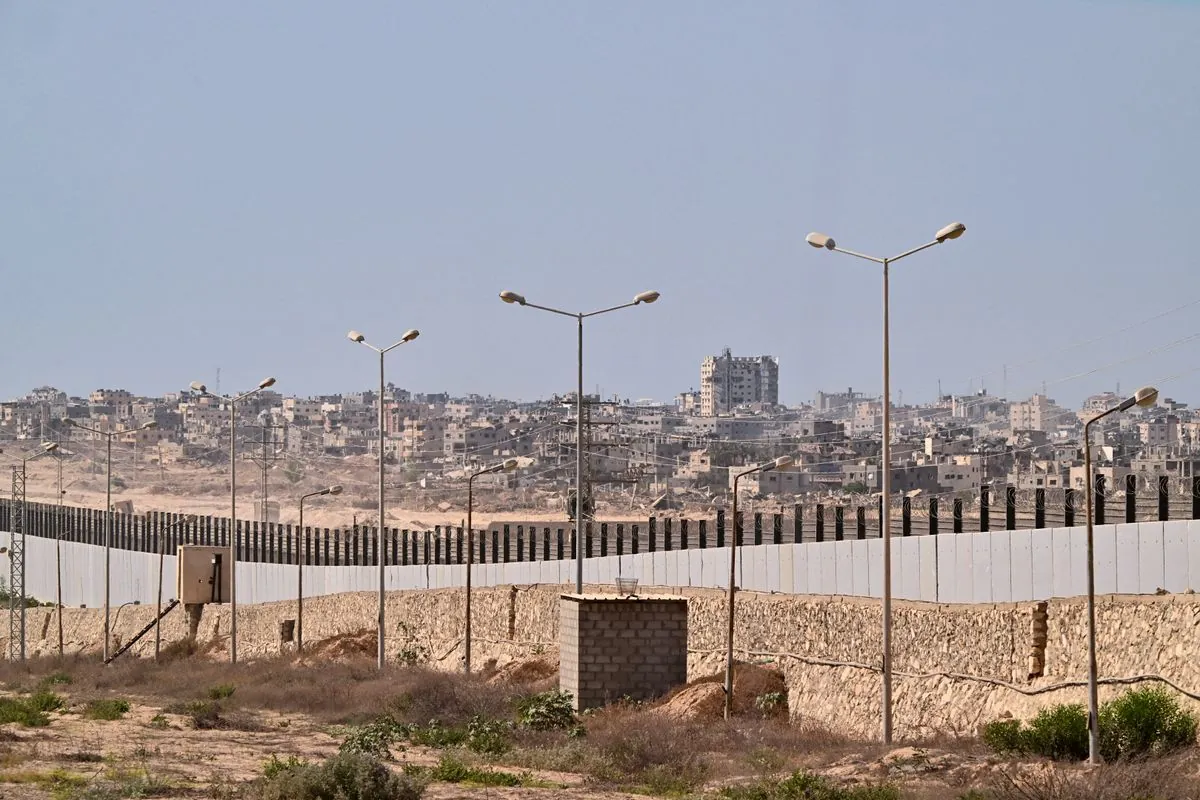Netanyahu Clashes with Negotiators Over Gaza Corridor Control
Israeli PM insists on retaining control of strategic Gaza corridors, conflicting with negotiators' stance. Tensions rise as ceasefire talks stall amid ongoing hostage crisis and devastating war.

Benjamin Netanyahu, Israel's Prime Minister, has found himself at odds with his own ceasefire negotiation team over the control of strategic corridors in Gaza. The disagreement centers on the Philadelphi Corridor, a 14-kilometer strip along the Gaza-Egypt border, and the Netzarim Corridor, which bisects the Gaza Strip.
Netanyahu maintains that Israel must retain control of these areas to prevent Hamas from smuggling weapons and moving fighters. This stance has created tension with members of his negotiating team, including David Barnea, chief of Mossad, who reportedly favor more concessions.
The Prime Minister has agreed to minimal adjustments, such as shifting one position in the Philadelphi Corridor by a few hundred meters, but insists on overall control. This rigidity has drawn criticism from various quarters, including families of hostages still held in Gaza.

The current impasse occurs against the backdrop of a devastating conflict that began 10 months and 17 days ago. On October 7, 2023, Hamas-led militants launched an attack on Israel, resulting in approximately 1,200 deaths and 250 hostages taken - the deadliest day for Jews since the Holocaust. In response, Israel initiated a military campaign in Gaza, which has led to over 40,000 Palestinian casualties, according to local health officials.
The Gaza Strip, one of the world's most densely populated areas with over 2 million people in 365 square kilometers, has been under a blockade imposed by Israel and Egypt since 2007. The current conflict has exacerbated the already dire humanitarian situation, resulting in the highest number of UN aid worker fatalities in a single conflict.
Efforts to broker a ceasefire have involved multiple parties, including Egypt, Qatar, and the United States. Qatar, which has played a significant role as a mediator in various Middle East conflicts, continues to be involved in the negotiations.
"The prime minister insists that this situation will continue, contrary to pressure from certain elements in the negotiating team who are willing to withdraw from there."
Netanyahu, Israel's longest-serving prime minister with over 15 years in office across multiple terms, faces a complex political landscape. While some critics accuse him of hindering a deal for political reasons, he also contends with pressure from hardliners in his cabinet against any concessions.
The ongoing crisis has reignited discussions about the broader Israeli-Palestinian conflict. The Gaza Strip has been under Israeli occupation since the Six-Day War in 1967, and previous peace efforts, such as the Oslo Accords signed in the 1990s, have failed to achieve a two-state solution.
As the conflict continues, international scrutiny intensifies. The International Criminal Court opened an investigation into alleged war crimes in Palestinian territories in 2021. Meanwhile, the United States, which provides Israel with about $3.8 billion in military aid annually, has been pressing for an end to hostilities.
The situation remains fluid, with Netanyahu reiterating his aim for "total victory" over Hamas, despite mounting pressure from various fronts. As negotiations continue, the fate of the hostages and the broader implications for regional stability hang in the balance.


































